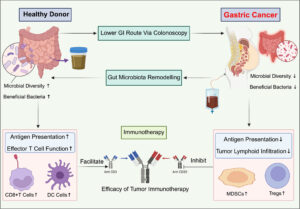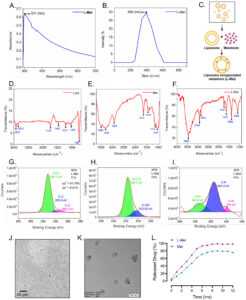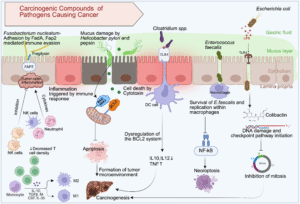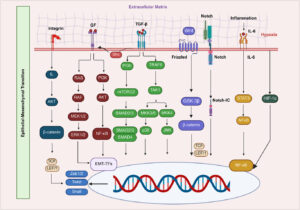Primary Immune Response Provides Protective Efficacy against SARS-CoV-2 Reinfection
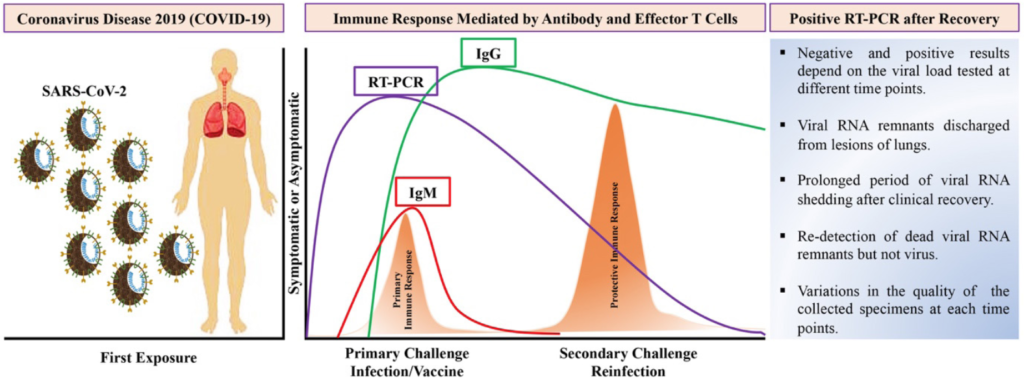
Abstract– While there is absolutely no evidence to ensure recovered patients are either likely or unlikely to get reinfected. But studies in non-human primates indicate that reinfection of recovered patients is highly unlikely. It is also clear that primary immune responses or induced immunity to severe acute respiratory syndrome coronavirus 2 remain in circulation for several months and at least temporarily confer immunity to protect from reinfection. In addition, negative virus culture analysis of re-positive suggests that positive reverse transcriptase-polymerase chain reactions in recovered patients are more likely to be false-positive, or detection of genetic remnants of virus discharged from lesions of lungs or better sampling at the time of repeat analysis. However, emerging severe acute respiratory syndrome coronavirus 2 variants are likely to be causing the infections observed in some of the recovered patients.
Cite: Shrestha R, Shrestha R, Khadka RB, Gyawali R. Primary Immune Response Provides Protective Efficacy against SARS-CoV-2 Reinfection. J Nepal Med Assoc. 2021 Jul 30;59(239):727-729. PMID: 34508515; PMCID: PMC9107855.

